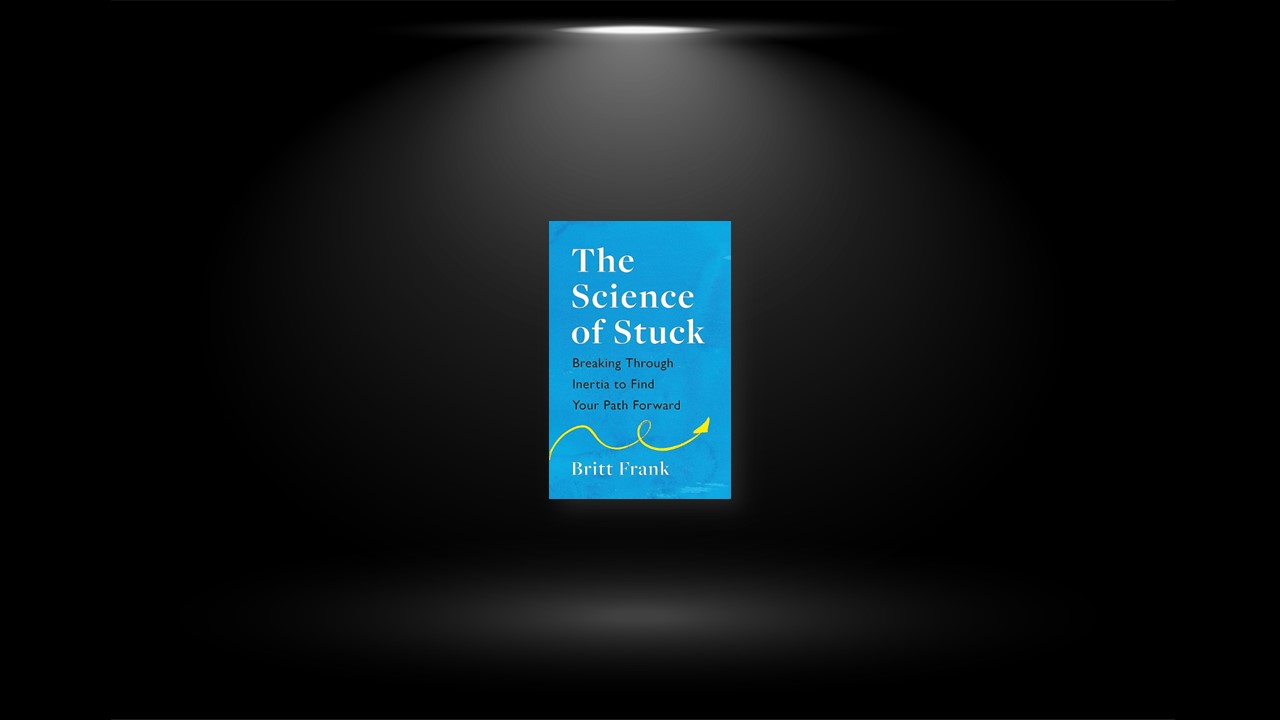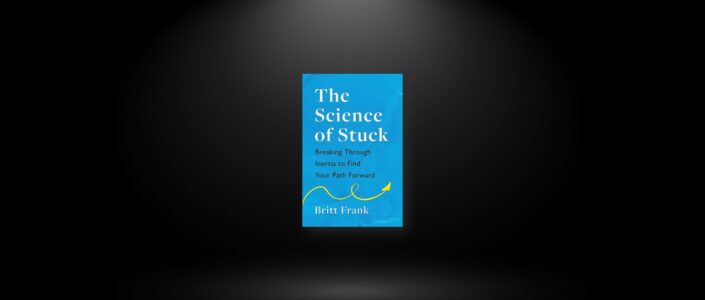Anxiety Is a Superpower
Anxiety is like the check-engine light on your car. If you disable it, you’re screwed. Your brain is wired to keep you alive—not to keep you happy. A panic attack is not an attack. It is your brain trying to talk to you. The inability to feel pain is not strength—it’s emotional leprosy.
Anxiety is not a disease. Anxiety always comes from somewhere—even if you don’t know where that somewhere is. Anxiety does not need to be fixed—it needs to be understood. A survival response will often look like an anxiety disorder, but it isn’t. You are not crazy.
The Hidden Benefits of Staying Stuck
Most behaviors have perks—even “bad” behaviors. There are many health benefits to staying stuck. Understanding the function of your behavior is the key to changing it. Staying stuck protects you from failure and rejection. Your brain is wired for survival, not happiness.
Your nervous system is engineered to conserve energy. Shame keeps you stuck. Getting curious about your behaviors (without shaming yourself) gets you out of stuck. Many of our symptoms are body responses and not mental illnesses. It’s usually harder to avoid your feelings than it is to feel your feelings.
The Myth of Motivation
Trauma is brain indigestion. We all experience it to one degree or another. A trauma response is the result of your brain miscalculating your body’s energy needs. When your nervous system gets stuck on up, you feel panicked/anxious/distracted. When your nervous system gets stuck on down, you feel tired/depressed/frozen.
Your unconscious brain gets to decide whether you are safe. “Lazy” is a moral judgment—not a biological reality. Your brain is always motivated. It’s motivated either to make choices or to survive threats. You don’t need a balanced system—you need a dynamic (mobile) system. Trauma explains behavior—it does not excuse behavior. Trauma is not an illness. It is an injury—and it can heal.
Shadow Intelligence
Shadows refer to any aspects of yourself that you hide or repress. Shadow work is the process of being honest with yourself about yourself. You need your shadow to be whole. Wholeness requires light and darkness. When you hide from your shadow, it gains power and comes out sideways. Your SQ (shadow intelligence) is a measure of your shadow awareness.
Every shadow part comes bearing valuable gifts. We all have multiple parts of our personalities. When your inner leader is on board, you can manage even your most destructive and self-defeating behaviors. Talking to yourself in the third person (using your name or pronouns) is more effective than using I.
Compassion is not the same thing as permission.
How to Human
You can’t change your partner, but you can change how you respond to them. When you know your conflict language, you’re more likely to stay in control during arguments. Conflict is inevitable; fighting is optional. Creating a conflict contract can help build a safe container for arguments. If you and your partner(s) are not willing to follow the conflict contract, disengage.
A request is when you ask someone else to do something. The power to do it or not do it lies with them. A boundary is what you choose to do in response to someone else. The power to do it or not do it lies with you. Boundaries never depend on another person doing what you want them to do. Making amends is more effective than saying “I’m sorry.” There are four parts to making amends: Own the thing you did; Observe how it impacted your partner; Outline your plan not to do it again; Offer to listen.
The Sticky World of Friendships and Dating
Not having friends can have the same impact on your health as smoking cigarettes. You don’t need to have a best friend. Unconditional trust is not a realistic (or necessary) goal for adult relationships. Consider the roles you want your friends to play—then choose accordingly. Don’t try to box your friends into ill-fitting roles. Social media friends count as friends if you want them to count as friends.
Most movie and TV couples—even our favorites—are toxic. It is not healthy to spend every waking moment with your partner. Sometimes love isn’t enough to sustain a relationship. It takes roughly a year before your brain comes down off of “couple cocaine” brain chemistry.
The Emotionally Unskilled Family
All families are dysfunctional to a degree. Perspective is healthy, but comparison is not helpful. You have a right to your feelings. The ideal attachment style is secure attachment. Wednesday and Pugsley from The Addams Family demonstrate secure attachment. The ideal parenting approach is authoritative parenting. Elastigirl from The Incredibles demonstrates authoritative parenting.
Instead of thinking of your family as good or bad, think of emotionally skilled versus emotionally unskilled. You can’t make your family change, but you can change how you respond to them. Boundaries are a necessity for emotionally skillful families. Compassion without boundaries is codependence. Forgiveness is a beautiful spiritual ideal, but it is not required to heal emotional injuries. Unintentionally caused trauma is still trauma. You are not crazy.
Trust Your Instruments
Lying to yourself is the fuel that keeps addictions and habits alive. There is not a one-size-fits-all cure for addiction. Addictions and habits are problematic, but they are not the problem. The goal of your addictions and habits is self-protection, not self-sabotage. The opposite of addiction is honesty.
Abstinence is not the only way to manage addictions and habits. Underneath every addiction, compulsion, and habit is unaddressed pain. Making a good decision rarely produces an immediate good feeling. Withdrawal is the step between wanting and having. Do not attempt to withdraw from chemicals without medical supervision.
Becoming an Emotional Adult
Emotional regression is when you feel smaller and younger than your chronological age and physical size. Signs of emotional regression include indecisiveness, people-pleasing, emotional outbursts, and impostor syndrome. The holiday season is prime time for emotional regression. Asking yourself, How old do I feel right now?, can help stop regression. Emotional adults still get to play and be creative and childlike.
The solution to emotional regression is grief. Grieving the past frees you from the compulsion to repeat it. Grief does not happen in stages. Most of the things we were taught about grief in Western culture are wrong. There are four tasks to grieving childhood—accept the reality that childhood is over, be willing to feel all your feelings, create new boundaries with friends/family, and take the reins of your life/make decisions based on your thoughts/feelings/dreams.


